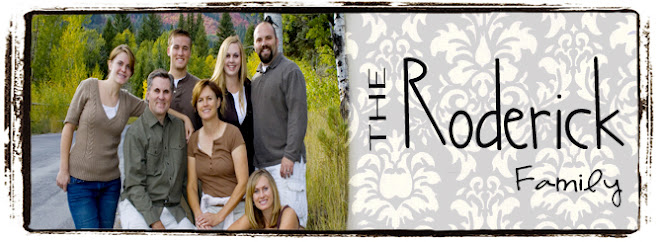There are considerable similarities between Hezekiah and Josiah. Repetition of the pattern continues when Hezekiah moves to destroy everything associated with false gods in Israel. Chapter 31 of 2 Chronicles begins with:
"Now when all this was finished, all Israel that were present went out to the cities of Judah, and brake the images in pieces, and cut down the groves, and threw down the high places and the altars out of all Judah and Benjamin, in Ephraim also and Manasseh, until they had utterly destroyed them all. Then all the children of Israel returned, every man to his possession, into their own cities." (2 Chronicles 31:1)
Having destroyed all images associated with idol gods, Hezekiah returns his focus on the Temple and the continued sanctification and organization of the priests and Levites. Priests and Levites were wholly dedicated to service in the temple and the Lord intended to provide for them from tithes and offerings from the other tribes. Tithes and offerings also provide the means for sacrifice in the Temple of God.
We see the law of tithing instituted/restored by Hezekiah in 2 Chronicles 31:5-8:
"And as soon as the commandment came abroad, the children of Israel brought in abundance the firstfruits of corn, wine, and oil, and honey, and of all the increase of the field; and the tithe of all things brought they in abundantly. And concerning the children of Israel and Judah, they also brought in the tithe of oxen and sheep, and the tithe of holy things which were consecrated unto the Lord their God, and laid them by heaps. In the third month they began to lay the foundation of the heaps, and finished them in the seventh month. And when Hezekiah and the princes came and saw the heaps, they blessed the Lord, and his people Israel. And Azariah the chief priest of the house of Zadok answered him, and said, Since the people began to bring the offerings into the house of the Lord, we have had enough to eat, and have left plenty: for the Lord hath blessed his people; and that which is left is this great store."
The final act of Hezekiah we will examine is the miraculous defeat of the Assyrian army by Judah. Rather, the Lord's miraculous deliverance of Judah from the Assyrian army. The confrontation is "David and Goliath" like, in that the Assyrian army is dwarfed Judah's army. Hezekiah organizes and prepares his army and people for war. In the face of significant disadvantages Hezekiah says to his soldiers:
"Be strong and courageous, be not afraid nor dismayed for the king of Assyria, nor for all the multitude that is with him: for there be more with us than with him: With him is an arm of flesh; but with us is the Lord our God to help us, and to fight our battles. And the people rested themselves upon the words of Hezekiah king of Judah." (2 Chronicles 23:7-8)
Hezekiah's remarks alert us by drawing on language of an earlier time when divine intervention was used to save a servant of the Lord. Note how closely Hezekiah's remarks mirror the words of Elisha who earlier said: "And he answered, Fear not: for they that be with us are more than they that be with them." (2 Kings 6:16) The Lord revealed to Elisha's servant the presence of angelic ministrants who intervened to protect the servant of God. By using similar verbiage, Hezekiah implies the Lord will intervene to save His people. Just as Elisha was saved by the Lord smiting the Syrian army with blindness, Hezekiah and the tribe of Judah were saved from Assyrian soldiers by an angel of God.
The general representing the king of Assyria spoke to those of Judah in their own language trying to undermine their faith in the Lord and Hezekiah. He pointed out Assyria's many successful campaigns and how none of those countries were saved by their idol gods. "He also wrote letters to rail on the Lord God of Israel, and to speak against him, saying, As the gods of the nations of other lands have not delivered their people out of mine hand, so shall not the God of Hezekiah deliver his people out of mine hand." (vs.17)
In response to the Assyrian general's mocking remarks and actions about the Lord to those of Judah the Lord sends an angel:
"And the Lord sent an angel which cut off all the mighty men of valour, and the leaders and captains in the camp of the king of Assyria. So he returned with shame of face to his own land. And when he was come into the house of his god, they that came forth of his own bowels slew him there with the sword." (vs.21) What is not said in this account is why the general returned "shame of face." He returned because the angel of the Lord smote his army the night before they were to attack Judah. The outcome was I believe a 140,000 soldiers out of 185,000 were found dead the next morning.
Tomorrow we will look at prophetic links to this account in both ancient and modern scripture.
Good day.
Scott
Thursday, April 28, 2011
Hezekiah- (continued)
Posted by Roderick Family at 5:59 AM
Subscribe to:
Post Comments (Atom)

0 comments:
Post a Comment